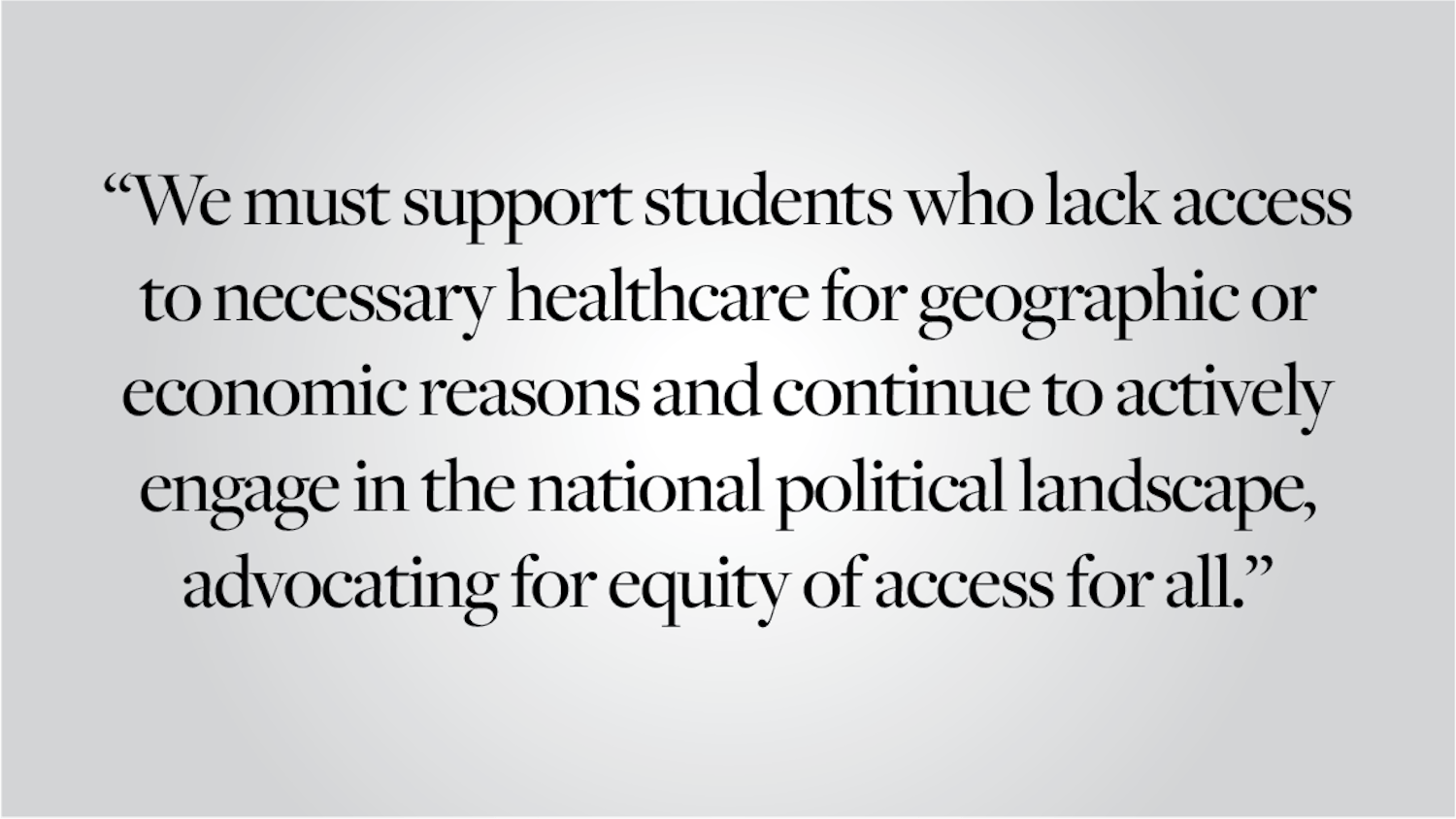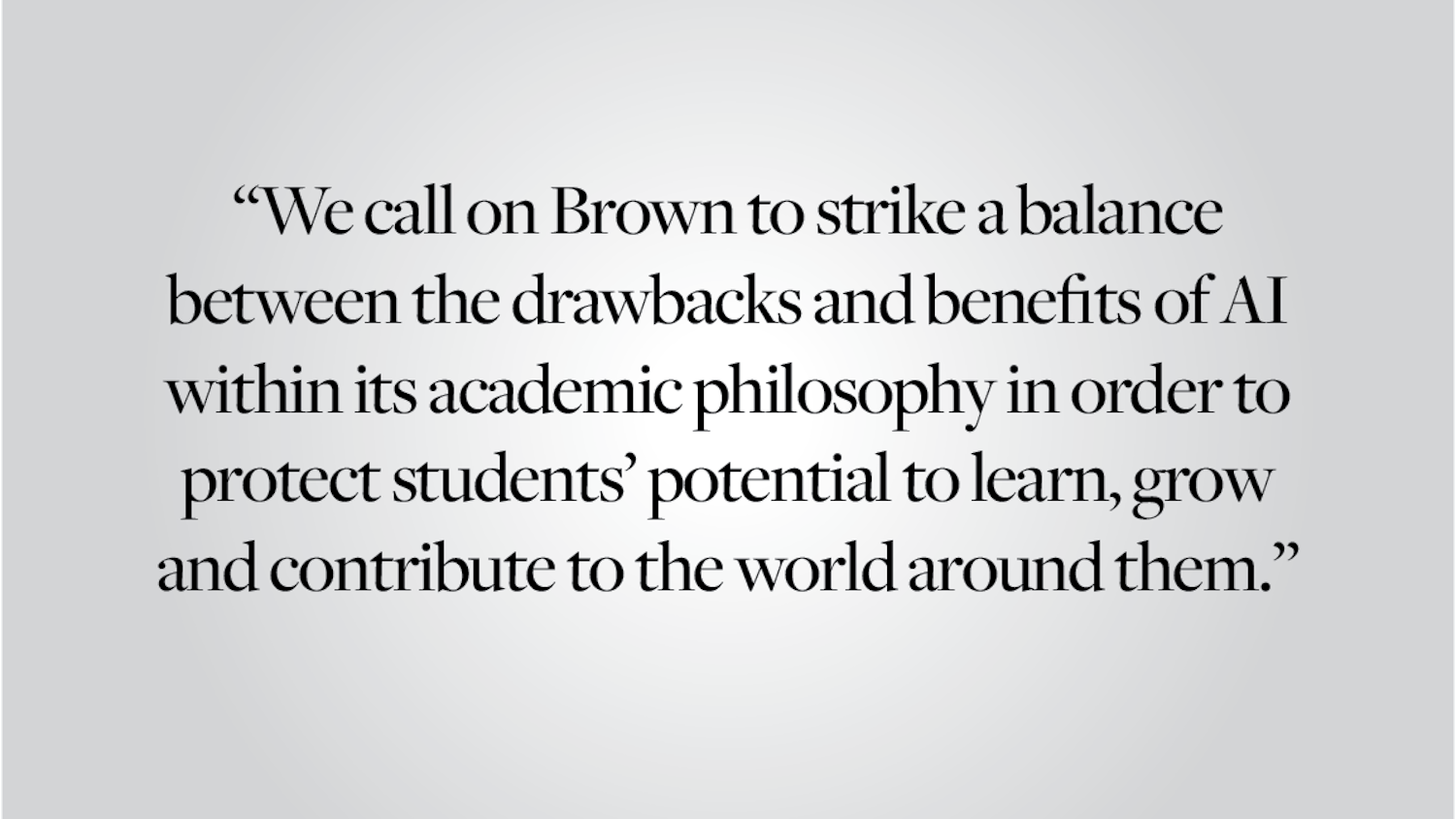On Tuesday, Amazon announced the opening of its first brick-and-mortar retailer on a college campus. The store at Purdue University offers free one-day shipping on course materials, as well as in-person exchanges and 24-hour pickup. But it is unclear whether the expansion represents a helpful service to students or a disaster for local retailers.
Amazon’s expansion, with additional stores slated to open soon at the University of Massachusetts Amherst and the University of California Davis, threatens the model of college bookstores that has existed for decades. It promises both convenience and huge savings for students who currently spend more than $1,200 annually on textbooks.
James Sheehan, vice chancellor for administration and finance at UMass Amherst, estimates students would save $380 annually by buying books through Amazon, he told the Wall Street Journal Feb. 1. The service is also appealing to universities, as it would cut operating costs and pay a portion of the sales — 0.5 to 2.5 percent — back to the school. But its effect on local businesses is less spectacular.
The threat of online retail to stores is not new. In 2013, e-commerce sales represented 5.8 percent of total retail revenue in the United States. But not including food, automobiles and fuel, that number is 8.8 percent and growing. As shipping becomes faster and cheaper and retail rents more expensive, it’s possible to imagine a day when the only storefronts are for establishments such as barbershops and restaurants.
This is not to say that we should fight that transformation. The debate over technological advancement has been waged since the Industrial Revolution, and most agree that ATMs are better than bank tellers. Some would also argue that the loss of jobs at local retailers is offset by the increased hiring at Amazon processing plants and more UPS truck drivers.
Yet the issue of online retail is not only about the net jobs, but also the type of community in which we want to study and live. Should we turn our backs on local retailers because Amazon will potentially hire more employees at its Stoughton, Massachusetts Fulfillment Center?
In small cities like Providence, the impact of Amazon Student — particularly when it is accompanied by a store — is significant. With two-day shipping for subscribers who pay $49 annually, the website has undoubtedly robbed Thayer Street of significant revenue from Brown students. First-years living in Keeney Quadrangle likely find it easier and cheaper to order toothpaste online and pick it up at J. Walter Wilson than to walk to Metro Mart.
Additionally, most of Brown’s 9,000 students spend money in this city of 175,000, and an additional 5,000 full-time Brown employees spend money while working for the city’s second-largest employer. The University’s economic effect on Providence, and especially on College Hill, is sizable.
Brown students spend more than the average American on books — roughly $1,420 annually as estimated by the University. We have seen the struggle by the Brown Bookstore to estimate course enrollment, as the store often underestimates and leaves students to order materials online. The benefits to outsourcing this task are clear.
But the difficult calculation has to be made as to whether the savings and convenience compare to potentially deleterious effects for Thayer Street. Further diverting our spending away from Providence spells likely closure for the small, independent stores such as Metro Mart, Pie in the Sky and A Pleasant Surprise. We may decide that we prefer the savings and will take a chance, hoping the convenience stores and gift shops either survive or are replaced by more useful businesses. But before we take that risk, let’s consider the potential harmful consequences for the community establishments that contribute to the life and character of Brown.
Editorials are written by The Herald’s editorial page board: its editors, Alexander Kaplan ’15 and James Rattner ’15, and its members, Zoila Bergeron ’17, Natasha Bluth ’15, Manuel Contreras ’16, Baxter DiFabrizio ’15, Manuel Monti-Nussbaum ’15 and Katherine Pollock ’16. Send comments to editorials@browndailyherald.com.




